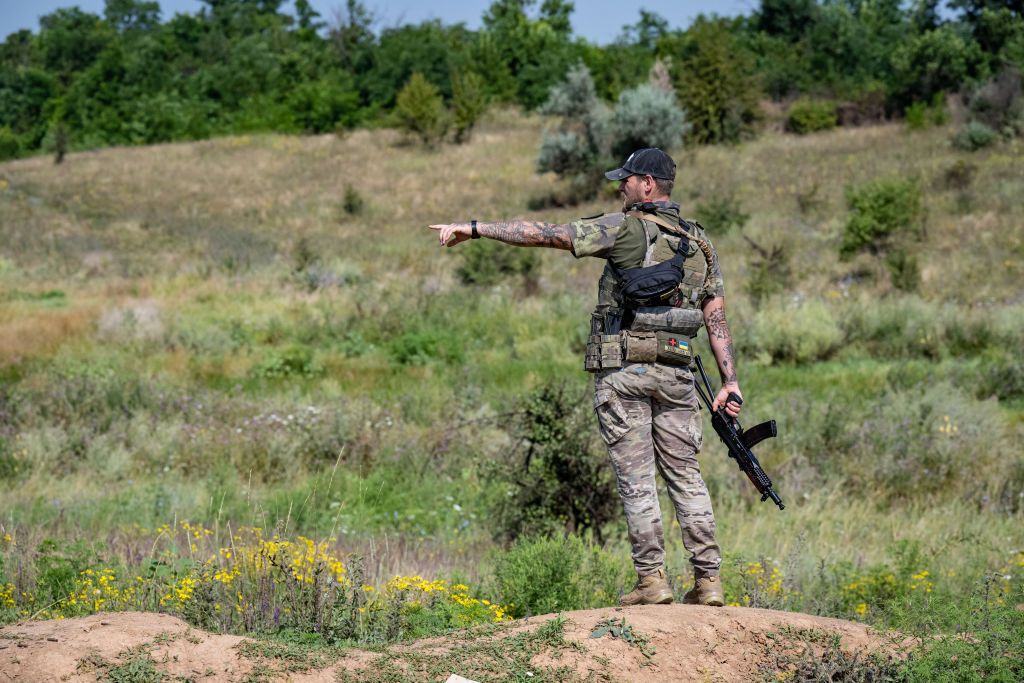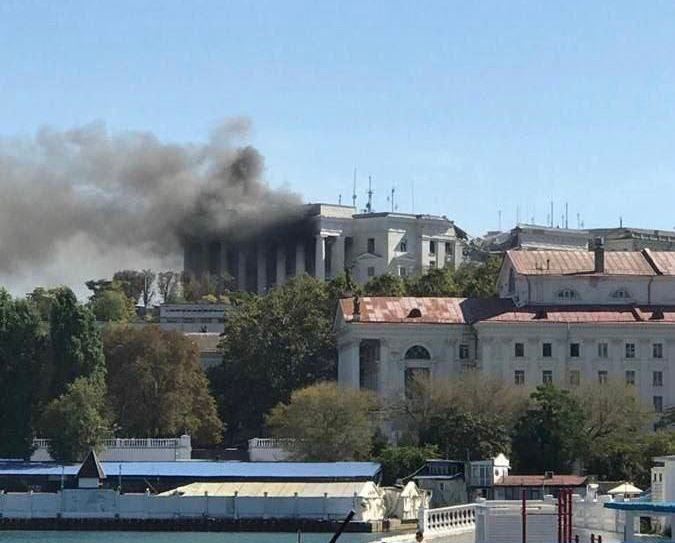Military: Ukraine has achieved a breakthrough in Verbove

Ukraine's forces on the southern Zaporizhzhia front have breached Russian lines in Verbove, General Oleksandr Tarnavskyi, the commander of Ukraine's military fighting in Donetsk and Zaporizhzhia oblasts, announced in an interview with CNN on Sept. 23.
Verbove, located a little less than 20 kilometers southeast of Robotyne, which was liberated on Aug. 28, is on the path toward the strategic hub of Tokmak.
Tarnavskyi lauded the success at Verbove but also noted that the true breakthrough on the southern front would be the liberation of Tokmak, which he stated was "the minimum goal" of the counteroffensive.
While acknowledging that the pace of the counteroffensive was slower than expected, Tarnavskyi was also careful to reiterate that it was unlikely to be "like in the movies about the Second World War," and that it was crucial for Ukraine not to "lose this initiative" built up by previous successes.
The ultimate goal of the counteroffensive remains the breaking of Russia's 'land-bridge' to occupied Crimea and in the long-term, the liberation of all territories currently occupied by Russian forces.
Fighting has been varied and intense, Tarnavskyi said, and Ukrainian forces have been hampered both by the so-called "Surovikin line," built under the command of Russian General Sergey Surovokin, of layered defense that includes significant minefields, but also by small groups of well-placed Russian soldiers.
Although many expected the counteroffensive to primarily take place during the summer before the weather became cold, Tarnavskyi said that he did not expect the coming rainy season and ensuing winter to "heavily influence the counteroffensive."
Skepticism from the West about the ultimate success of the counteroffensive was understandable, said Tarnavskyi, but he stressed that Ukrainian offensive tactics have had to adapt to conditions on the ground, especially that Russian forces have learned from some of their previous mistakes.
Nevertheless, Tarnavskyi still expressed optimism about the counteroffensive's success. "I believe, yes (there will be a big breakthrough)," he said, and "I think it will happen after (the liberation of) Tokmak."












